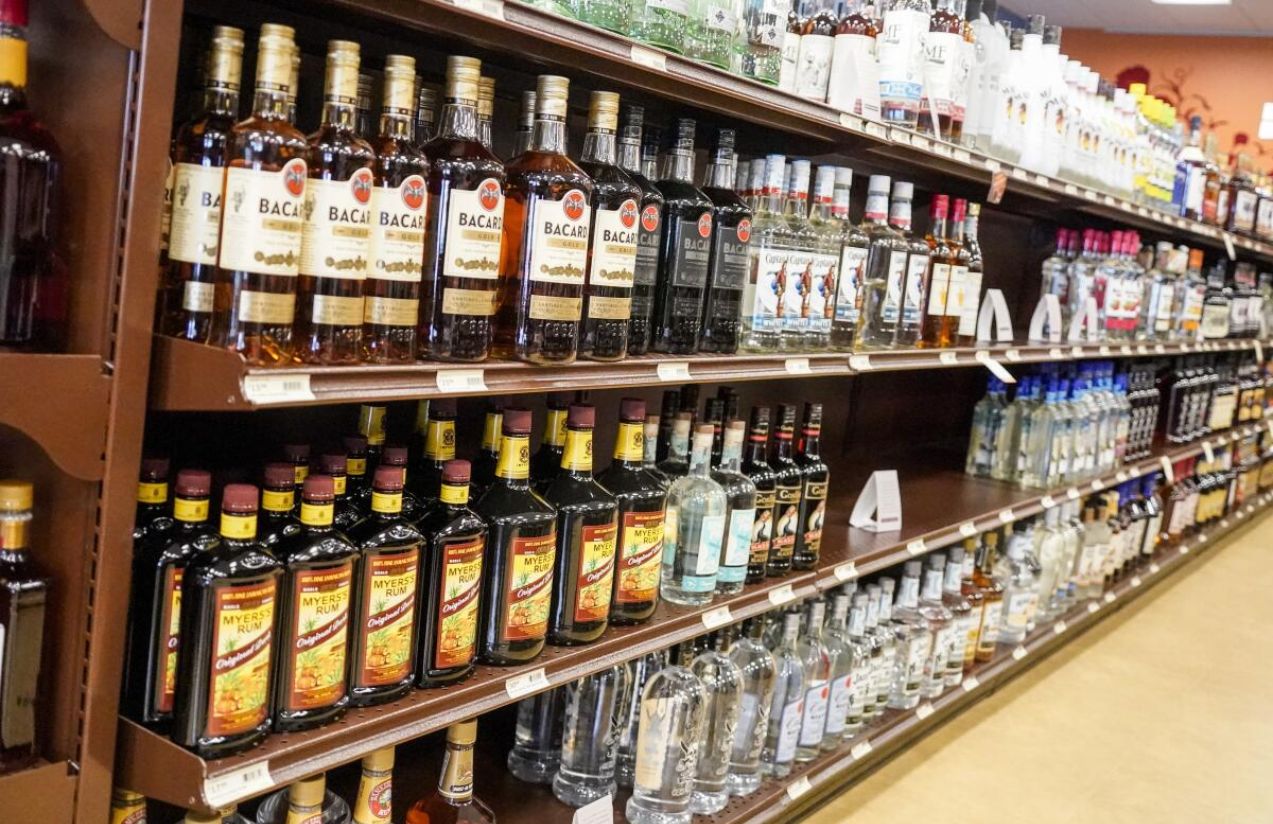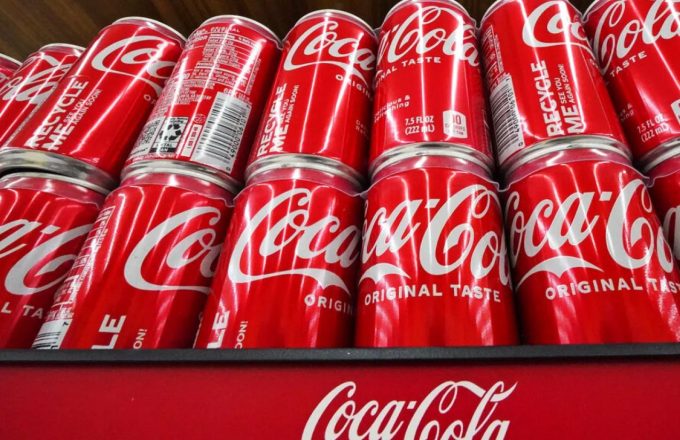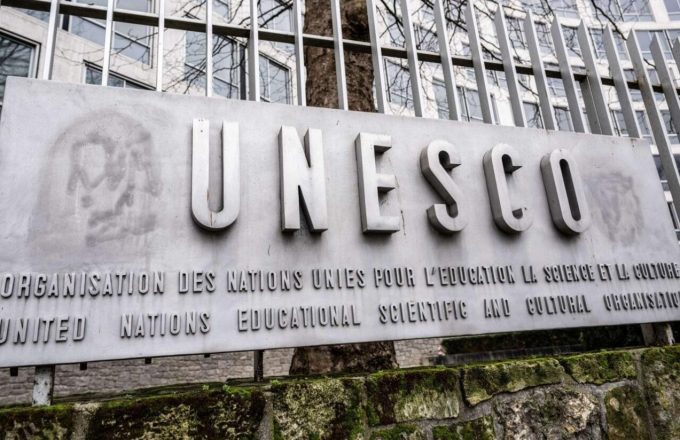Giovanni Cassano, owner of a restaurant in Ontario, Canada, wasn’t going to let a trade war interfere with his customers’ thirst for California wine, Kentucky’s Jim Beam bourbon, or Texas-made Tito’s vodka.
However, soon he and his patrons might not have a choice.
When President Donald Trump announced last month the tariffs he planned to impose on Canada, the country’s authorities responded by threatening to pull American alcoholic beverages from government-run liquor stores. On Tuesday, those retaliatory measures took effect: across much of Canada, American wines and liquors were removed from store shelves and packed into boxes. News broadcasts were filled with footage of employees taking bottles off the shelves, leaving them empty.
“People will be frustrated, but I think they’ll adapt,” said Cassano, who also owns a café and an oyster bar in Windsor, Ontario, a border city that plays a key role in Canada’s automotive industry and is now a battleground in the growing trade dispute.
Before the measure took effect, Cassano stocked up on enough cases of American liquor and wine to allow time to transition to Canadian-made products at his businesses, which are located near the distillery that produces the famous Canadian Club whisky, much of which is exported to the U.S.
“Obviously, we’re all in this together, but some classics just can’t be replaced,” he said.
The taste for American liquor may become one of the casualties of the trade war, following Trump’s decision to impose a 25% tariff on Canadian exports. In response, Prime Minister Justin Trudeau implemented a matching 25% tariff on American products worth $20.5 billion, with an increase expected in three weeks that would bring the total to around $85 billion.
On Thursday, the U.S. announced a second extension, pushing back most of the tariffs until April 2, further straining economic and political relations between the two countries.
It’s still unclear what impact this delay will have on Canadians’ access to American alcohol. However, a strong nationalistic push to boycott U.S. products has emerged in Canada, gaining traction in online forums and grocery store aisles.
Ahead of Tuesday’s tariffs, Ontario’s Premier Doug Ford announced that provincially owned liquor stores would stop selling about 3,600 American products. After this, all other provinces followed suit.
Manitoba took a more theatrical approach—its Premier, Wab Kinew, shared a video on social media imitating Trump as he signed an executive order. “This order, it’s a wonderful order, it’s a beautiful order,” Kinew joked before declaring that American alcohol would be pulled from liquor store shelves. Behind him, his staff erupted in applause.
It’s worth noting that some Canadian provinces allow private liquor sales, meaning American products won’t completely disappear from the market.
Lawson Whiting, CEO of the company that owns Tennessee whiskey brand Jack Daniel’s, told investors on Wednesday that Canada accounts for only about 1% of the company’s sales.
“Not just alcohol, but many U.S.-made products have been pulled from shelves in Canada, which is tough,” Whiting said, calling it an overreaction. “That’s worse than a tariff because it literally takes away sales.”
After Thursday’s announcement of a pause on most tariffs, Chris Swonger, president of the U.S. Distilled Spirits Council, expressed hope that the industry could avoid further damage.
“We are hopeful that constructive dialogues between the U.S., Canada, and Mexico will continue and permanently restore zero-for-zero tariffs on distilled spirits trade among our three countries,” he said. “We want toasts, not tariffs.”
While American alcoholic beverages make up only a fraction of Canada’s liquor sales, their economic impact is significant. In Ontario, the government-owned liquor retailer reported that U.S. alcohol generates up to 965 million Canadian dollars in annual sales, part of the retailer’s more than 7 billion dollars in total yearly revenue.
Even so, a grassroots movement to support local products is gaining momentum in Canada, fueled by both outrage over what is seen as a betrayal by the U.S. and Trump’s comments on the annexation of Canada.




















